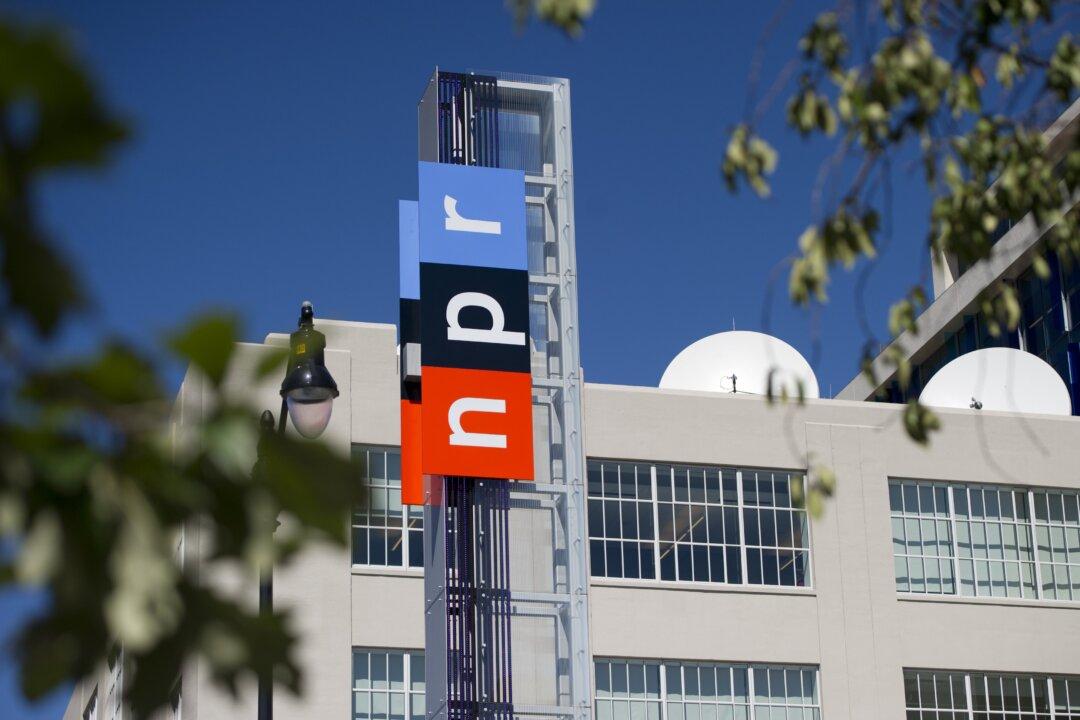National Public Radio (NPR) left Twitter after it was labeled by the social media firm as a “state-affiliated media,” according to the public broadcaster in an article published Wednesday.
However, as of Wednesday morning, NPR’s account was still online. The outlet—currently labeled as “government-funded Media”—posted several consecutive Twitter posts telling users that they can download the NPR app, sign up for its newsletter to “[walk] you through all the stories you need,” to sign up for specific email-based newsletters, and to access it on other social media platforms like Facebook or TikTok.





